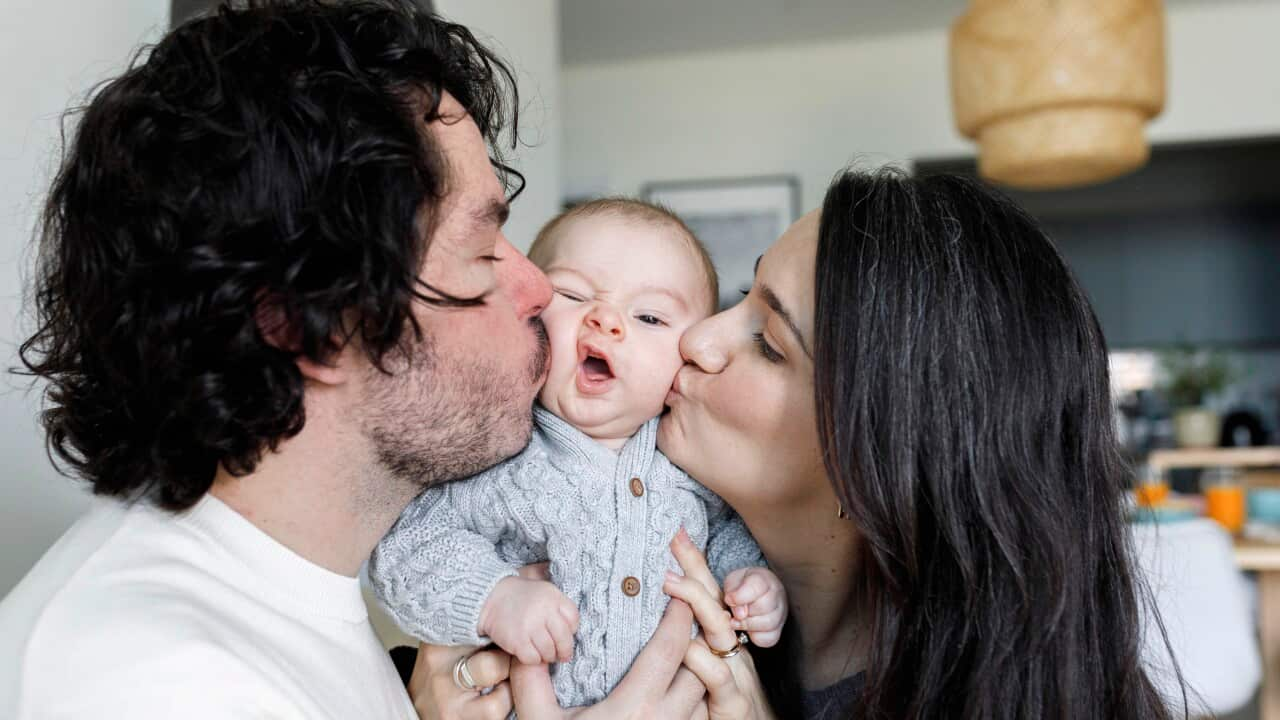Key Points
- Australia reveals National Plan to fight COVID-19 in 2023
- From 1 January, Australians will need a GP reference for a free PCR test
- The federal government has reduced the number of subsidised psychology sessions from 20 to 10
The number of new weekly COVID-19 cases appears to have plateaued in New South Wales and Victoria.
On Friday, NSW reported 40,695 new cases compared to 40,194 the previous week.
Victoria reported 24,652 new weekly cases compared to 27,790 cases the week before.
However, the number of COVID-19 hospitalisations remains high in both states.
NSW Chief Health Officer Dr Kerry Chant said the number of indicators suggests that the fourth wave has peaked in the state. However, she advised residents to stay vigilant and practice COVID-safe behaviours.
The federal government will roll back the number of subsidised psychology sessions from 20 to 10 from 1 January.
The previous Morrison government had introduced additional 10 sessions under Better Access as part of their COVID response during the emergency phase of the pandemic.
Health Minister Mark Butler said it was a temporary measure and supposed to end this year.
Mr Butler said Australians used five sessions on average in 2021.
The opposition, however, called the decision "completely thoughtless".
This week the federal government also revealed the National COVID-19 Health Management Plan for 2023.
Minister Butler said the National Plan will ensure Australia's health system can respond to future waves and variants, promote vaccination and treatment uptakes, and slow the spread.
He said the government is investing an additional $2.9 billion, and the plan will provide extra help for aged care, First Nations, disability and multicultural communities.
Minister Butler said the government will extend the 50/50 funding arrangements for state PCR testing clinics into 2023.
However, Australians will require a GP reference to get a free PCR from 1 January.
The federal government has decided not to extend the temporary 50/50 hospital funding arrangement with states for COVID admissions beyond 31 December.
Australian Medical Association's President Steven Robson criticised the decision and said it was the "worst time to pull the financial rug out from under the states."
The number of new weekly global deaths increased by over 10 per cent compared to the previous week, with over 9700 fatalities, the World Health Organization reported in its latest weekly report ending 14 December.
WHO's Director-General Tedros Adhanom Ghebreyesus is hopeful that the COVID-19 pandemic could be over next year.
"We're hopeful that at some point next year, we will be able to say that COVID-19 is no longer a global health emergency," he spoke at a press briefing.
"Of course, this virus will not go away. It’s here to stay, and all countries will need to learn to manage it alongside other respiratory illnesses including influenza and RSV, both of which are now circulating intensely in many countries."
The WHO's emergency committee will decide on ending the pandemic in January.
Japan, the US, Korea, France and Brazil reported the highest COVID-19 cases at the country level.
Find a Long COVID clinic
Find a COVID-19 testing clinic
Register your RAT results here, if you're positive
Before you head overseas, Here is some help understanding Read all COVID-19 information in your language on the








